SBA Financing
Article Outline: The Pros and Cons Of SBA Financing
I. Introduction
- Brief overview of SBA financing
- Importance of understanding the pros and cons
II. Pros of SBA Financing
A. Lower Down Payments
- Allows businesses to preserve cash flow
- Makes it easier for startups to secure funding
- Helps leverage existing business assets
- Increases financial flexibility for business operations
- Lowers the barrier to entry for entrepreneurs
B. Competitive Interest Rates
- SBA loans often have lower interest rates than traditional loans
- Fixed interest rates provide predictability for budgeting
- Helps businesses save money over the long term
- Encourages businesses to invest in growth rather than loan repayment
- Attractive to businesses with strong credit profiles
C. Longer Repayment Terms
- Extended repayment periods reduce monthly payment obligations
- Provides breathing room for businesses during lean times
- Supports sustainable growth by spreading out the cost of borrowing
- Helps with cash flow management
- Ideal for businesses investing in long-term projects
D. SBA Guarantee
- Reduces risk for lenders, encouraging them to lend to small businesses
- Increases chances of loan approval for businesses with limited collateral
- Offers a safety net for both borrowers and lenders
- Helps businesses access funding they might not qualify for otherwise
- Enhances confidence in the loan application process
E. Resources and Support
- SBA provides educational resources for businesses
- Counseling and mentorship opportunities available for startups
- Access to government contracting opportunities
- Networking and community support through SBA programs
- Assistance with navigating complex business regulations
III. Cons of SBA Financing
A. Stringent Eligibility Requirements
- Requires good personal and business credit scores
- Businesses must demonstrate financial stability and ability to repay
- Collateral may be required, limiting options for some businesses
- Lengthy application process can be cumbersome
- Limited to certain industries and business types
B. Lengthy Approval Process
- Application and approval process can be time-consuming
- Delays in funding can impact business operations
- Multiple documentation requirements can be overwhelming
- Business decisions may be delayed due to prolonged approval timelines
- Not suitable for businesses needing immediate financial assistance
C. Fees and Costs
- Application fees and closing costs can add up
- SBA guarantee fees increase the overall cost of borrowing
- Businesses may need to pay for professional assistance with the application
- Ongoing servicing fees may be required
- Cost considerations may outweigh the benefits for some businesses
D. Collateral Requirements
- SBA loans often require personal guarantees and business assets as collateral
- Businesses risk losing assets in case of default
- Collateral requirements limit funding options for startups
- Makes borrowing riskier for businesses without substantial assets
- Consideration of collateral can lead to equity dilution for business owners
E. Restrictions on Loan Usage
- SBA loans have specific permitted uses
- Restrictions on how funds can be deployed may limit flexibility
- Businesses may face challenges if they need to pivot or adjust their plans
- Limited ability to use funds for personal expenses
- Lack of flexibility in managing cash flow according to business needs
Article: Exploring the Pros and Cons of SBA Financing
Small Business Administration (SBA) financing has become a lifeline for many entrepreneurs looking to start or expand their businesses. With a range of benefits and drawbacks, understanding the nuances of SBA loans is crucial for making informed financial decisions. Let’s delve into the pros and cons of SBA financing to help you navigate the world of small business lending.
Lower Down Payments
SBA loans offer lower down payment requirements, allowing businesses to retain more cash for operational needs. This feature is especially beneficial for startups that may have limited capital to invest upfront. By reducing the initial financial burden, SBA financing enables entrepreneurs to leverage existing assets and enhance their financial flexibility, ultimately fostering a conducive environment for sustainable growth.
Competitive Interest Rates
One of the standout advantages of SBA loans is the competitive interest rates they offer compared to traditional lending options. These favorable rates not only help businesses save money over the loan term but also provide predictability for budgeting purposes. With fixed interest rates, entrepreneurs can focus on business expansion without the worry of fluctuating monthly payments, making SBA financing an attractive choice for those with robust credit profiles.
Longer Repayment Terms
The extended repayment periods associated with SBA loans provide businesses with breathing room during challenging economic times. By spreading out the repayment obligations over a longer duration, companies can manage their cash flow more effectively and allocate resources towards growth initiatives. This feature is particularly valuable for businesses engaging in long-term projects that require sustained financial support.
SBA Guarantee
The SBA guarantee acts as a safety net for both lenders and borrowers, mitigating


